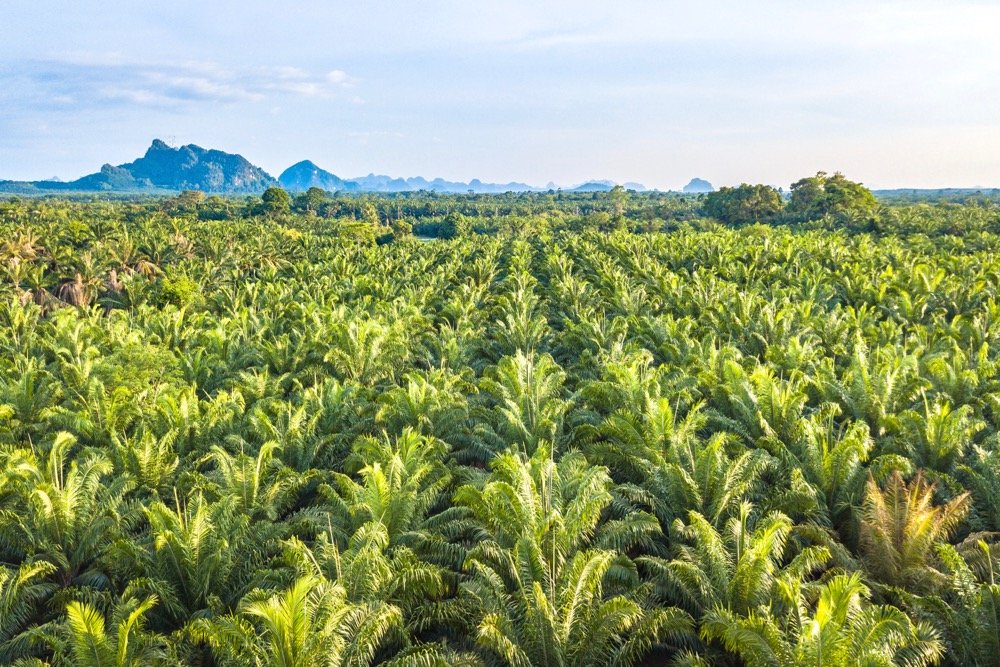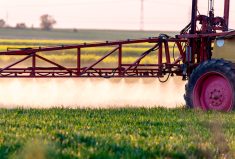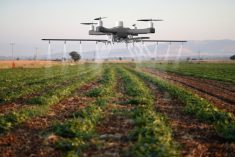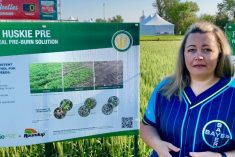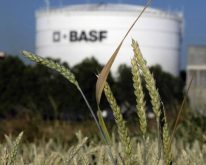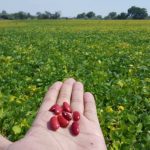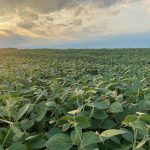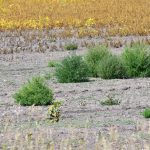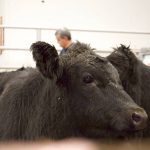Bangkok | Reuters — Thailand enforced a ban on Monday on two agricultural chemicals widely regarded as toxic to humans, prompting claims from farmers they will face losses, while environmental campaigners welcomed a step toward sustainability.
Many countries have already prohibited paraquat, a broad-spectrum herbicide, and chlorpyrifos, an insecticide.
Some 10 million farming households in Thailand, one of the biggest exporters of natural rubber and sugar, use paraquat to kill weed on palm, rubber, sugarcane, corn, and cassava plantations.
“Without paraquat, Thai farmers will face losses in key crops, because there are no alternatives,” said Sukan Sungwanna, secretary-general of the Federation of Safe Agriculture.
Read Also
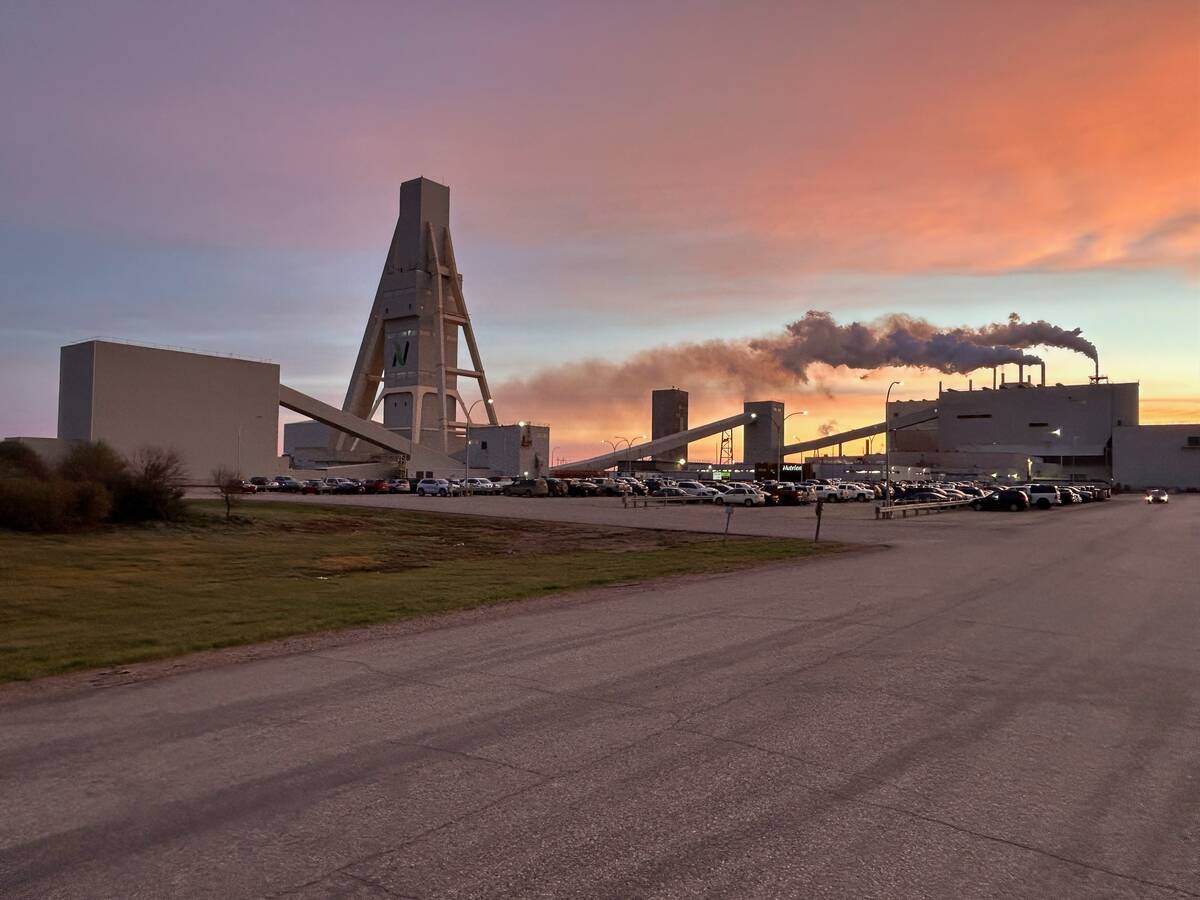
Top potash producer Nutrien misses fourth-quarter profit estimates
Nutrien missed analysts’ expectations for fourth-quarter profit on Wednesday, as lower sales in its crop nutrients business weighed on the world’s top potash producer.
Thai farmers use chlorpyrifos to kill worms on fruit, but can use alternatives.
The farmers’ group last week submitted a petition to an administrative court to repeal the ban, which came into force on Monday after the chemicals were added to a Type 4 list on Thailand’s Hazardous Substance Act last month.
That means their production, import, export, distribution and possession are banned. Flouting the rule could mean up to 10 years in jail or a fine of one million baht (C$42,944), or both.
Thailand is also drafting regulation to impose a zero tolerance policy on imported crops produced using the chemicals, sparking concern among local industry groups.
The food and livestock industries rely on wheat and soybean imports, mostly from the United States and Brazil and they have asked the Thai government to instead maintain limits on maximum allowable chemical residues (MRLs).
In November, Thailand reversed a ban on the herbicide glyphosate, allowing its use to continue within MRLs after the U.S. government asked for the ban to be postponed.
Non-profit group BioThai said human health should come before business.
“The ban is a transition to sustainable agriculture,” said Witoon Lianchamroon, the group’s director.
In Canada, the federal Pest Management Regulatory Agency launched a re-evaluation of chlorpyrifos in 2018 and published a proposal last summer to cancel almost all its uses, including agricultural uses. The agency’s final re-evaluation decision is still pending.
Just one paraquat herbicide, Syngenta’s Gramoxone 200 SL, is still registered in Canada.
— Patpicha Tanakasempipat reports on commodities, public policy and environmental issues in Southeast Asia for Reuters from Bangkok. Includes files from Glacier FarmMedia Network staff.

